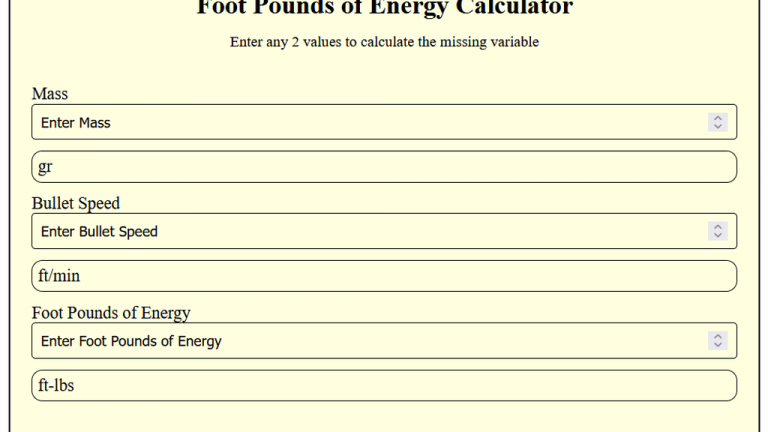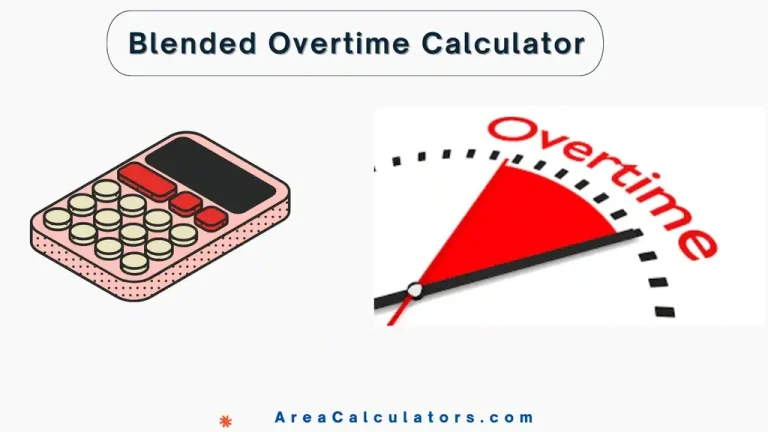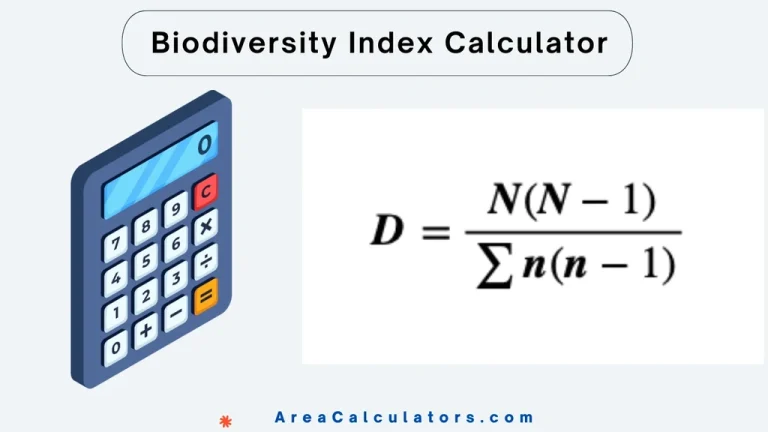Water Mass Calculator {Mass Of Water Calculator 2025}
Multiply the volume of water by its density and divide by 1000 to get the mass in kilograms.
Multiply the volume of water by its density and divide by 1000 to get the mass in kilograms.
The Water Mass Calculator helps determine the mass of water based on its volume and density. This is particularly useful in fields such as physics, engineering, and environmental science.
Since the density of water is usually 1 g/cm³ (or 1000 kg/m³), this calculation is straightforward and reliable for everyday use.
WM = VW ∗ DW / 1000
| Symbol | Meaning | Unit |
|---|---|---|
| WM | Water Mass | kilograms (kg) |
| VW | Volume of Water | liters (L) |
| DW | Density of Water | kg/m³ |
Example 1: Mass of 5 Liters of Water
| Step | Calculation |
|---|---|
| Volume of Water (VW) | 5 L |
| Density of Water (DW) | 1000 kg/m³ |
| Formula | WM = VW ∗ DW / 1000 |
| Result | WM = 5 ∗ 1000 / 1000 = 5 kg |
Example 2: Mass of 2.5 Liters of Water
| Step | Calculation |
|---|---|
| Volume of Water (VW) | 2.5 L |
| Density of Water (DW) | 1000 kg/m³ |
| Formula | WM = VW ∗ DW / 1000 |
| Result | WM = 2.5 ∗ 1000 / 1000 = 2.5 kg |
The Water Mass Calculator is a practical tool intended to determine the mass of water based on its volume and density. This tool is essential for scientific calculations, engineering projects, and daily activities requiring precise water mass measurements.
Using the calculator is straightforward. You input the volume of water (in liters, milliliters, or cubic meters) and, if necessary, adjust the density value for specific conditions like temperature. The tool then computes the water’s mass in kilograms or grams, ensuring accuracy for diverse applications.
This calculator is highly versatile and finds use in fields such as physics, chemistry, and environmental science. It helps scientists calculate water masses in experiments, engineers estimate water weights for structural designs, and individuals measure quantities for cooking or hydration tracking.
Additionally, it aids in understanding concepts like buoyancy, mass flow rates, and thermal capacity in water-related studies.
The Water Mass Calculator is an indispensable resource for precise water mass measurements. By offering accurate results and easy usability, it supports professionals and individuals in diverse tasks, from scientific research to everyday needs, ensuring efficiency and reliability.

To calculate foot-pounds of energy, multiply the mass (M) by the gravitational acceleration (g), then multiply by the bullet speed (BS) squared, and divide by 450,437. The Foot Pounds of Energy (FPE) Calculator works to calculate the energy produced by an object based on its mass, speed, and gravitational acceleration. This calculation is crucial in…
To calculate 10 business days from today, you need to add 10 business days to the current date, excluding weekends and public holidays. 10 Business Days From Today Calculator Today’s Date Date 10 Business Days From Today Calculate Reset The 10 Business Days From Today Calculator is a useful tool for predicting a future date…
To calculate RAM latency, multiply the CAS latency (CL) by 2000, then divide the result by the DRAM frequency (DR). The RAM Latency Calculator is a handy tool for determining your memory’s response time in nanoseconds. It helps assess how quickly your RAM can respond to data requests, a critical factor for gaming, video editing,…

10 / 100 SEO Score Enter the values of regular rate, hours, overtime rate, to use our basic and advanced calculator for accurate calculations! The Blended Overtime Calculator calculates the correct overtime pay for employees working at different rates during the same pay period. This tool simplifies the process by combining regular and overtime hours…
To determine the load on a rod, input the required parameters into the formula. This calculation considers factors like bore, pressure, and rod size to estimate the rod’s load capacity. The Rod Load Calculator is an invaluable tool for engineers, mechanics, and technicians in industries like construction and manufacturing. It helps calculate the load capacity…

10 / 100 SEO Score To calculate the biodiversity index, you can use a simple formula like Simpson’s or Shannon’s Index. This involves measuring the number of species (species richness) and their abundance in a given ecosystem. The Biodiversity Index Calculator helps to quantify the biodiversity of a habitat by evaluating the number of…